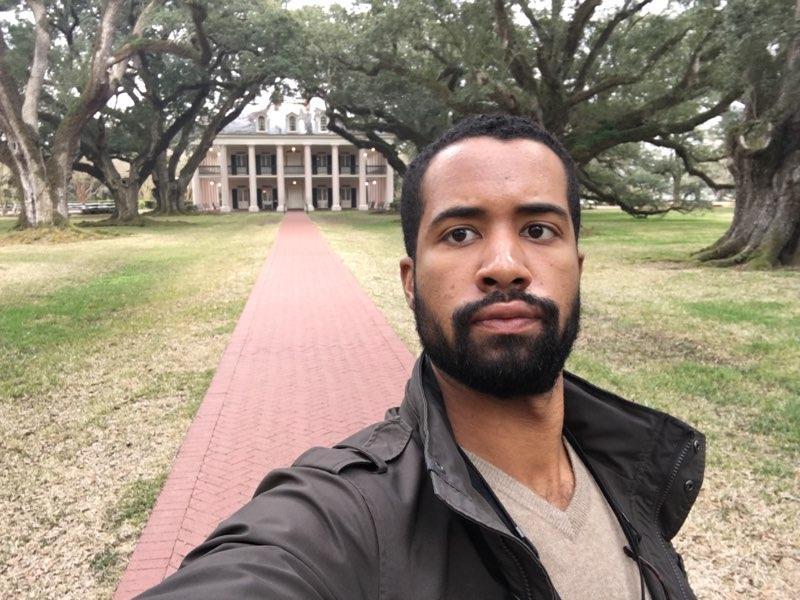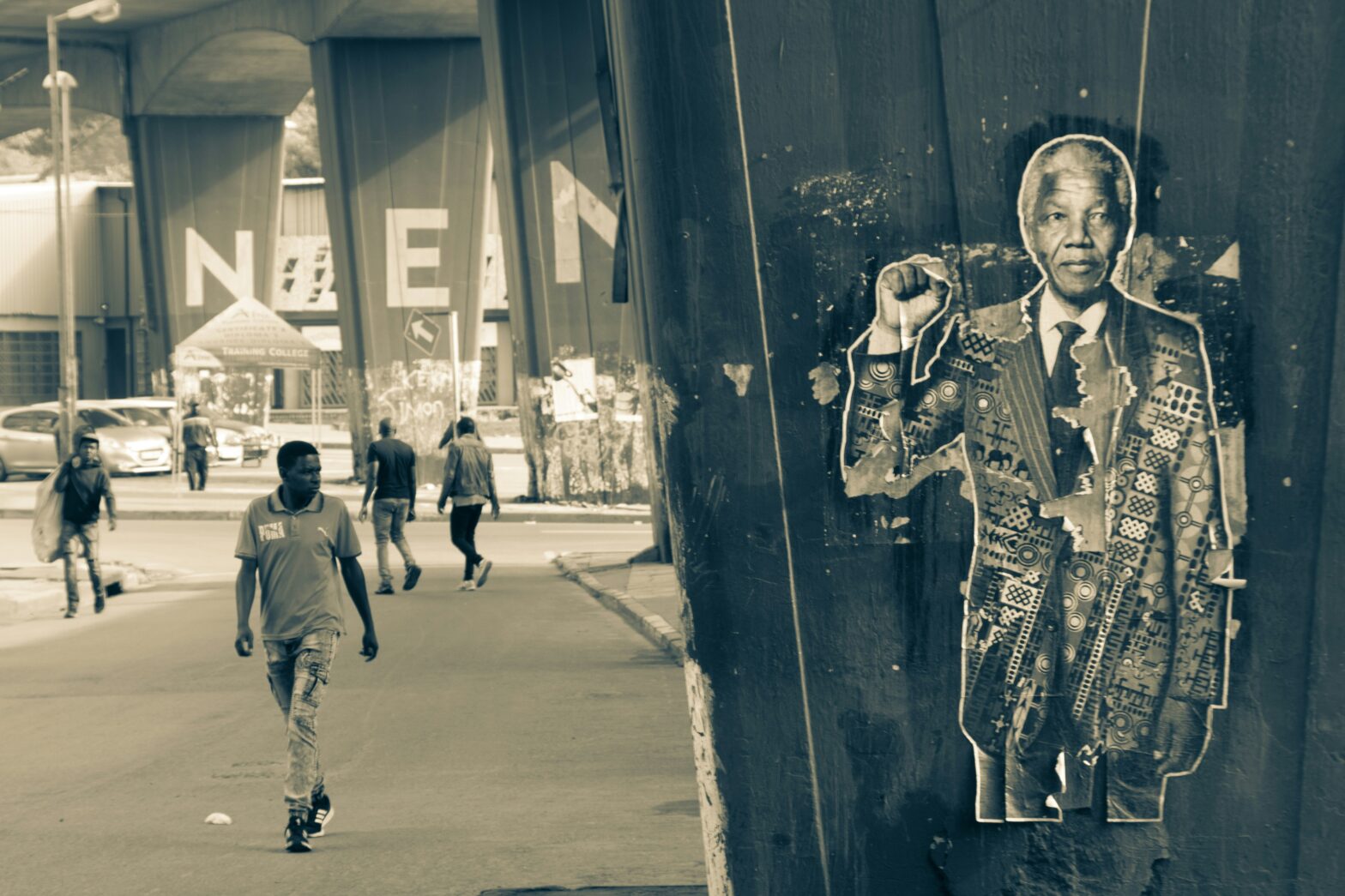“I bet you wouldn’t be going to no bread and breakfast at Auschwitz,” soul singer Jill Scott said in a now viral social media video last summer, referring to her stay at a former plantation being marketed as a bed and breakfast. That same glamorization of plantation homes is exactly what Virginia native Kirk Brown is looking to change.
For his 30th birthday, Brown took a trip to New Orleans, Louisiana. He originally wanted to visit Germany to see how they paid homage to those of Auschwitz, but things changed.

During his trip to NOLA, something ignited in him the idea to visit a plantation to see what all the hype was about. From the bed and breakfasts to sought-after and often overbooked wedding venues, he wanted to see if they lived up to the glitz and glamour.
Instead, he was met with a host of emotions and the dark realities of most Black Americans’ history— including his own.
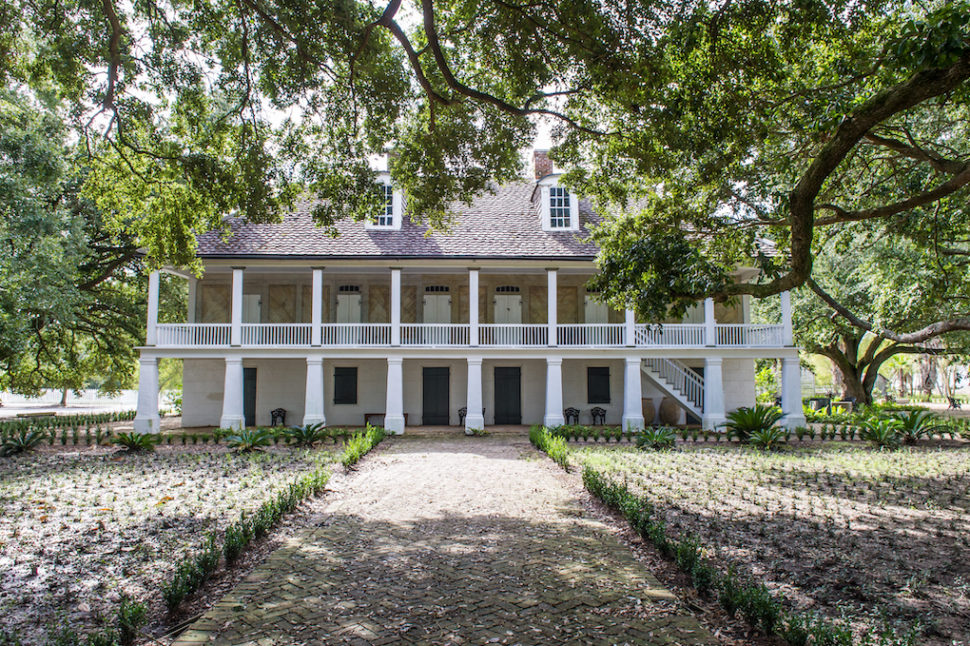
“I wanted to dig deeper into plantation culture,” Brown told Travel Noire. “It’s almost like the ancestors were speaking to me. I visited the Whitney Plantation Museum during my trip, and I was moved to tears. From learning how our original names were erased when we were brought to work at these labor homes to the dark history of my family and so many others.”
Once he arrived back in Los Angeles from his visit, Brown immediately reached out to the Whitney Plantation to see how he could continue the efforts, and pitch a few ideas to them, because he felt more needed to be done. It is important to note that out of over 600 plantations across the US, the Whitney is the only one to memorialize the enslaved people who once lived and worked on the property.
“We have to create our own identity, because our culture has been and is being erased. I want to help move toward the memorialization of our history for future generations. I also want to continue the work that Ida B. Wells pushed for while tightening the control of our narratives.”
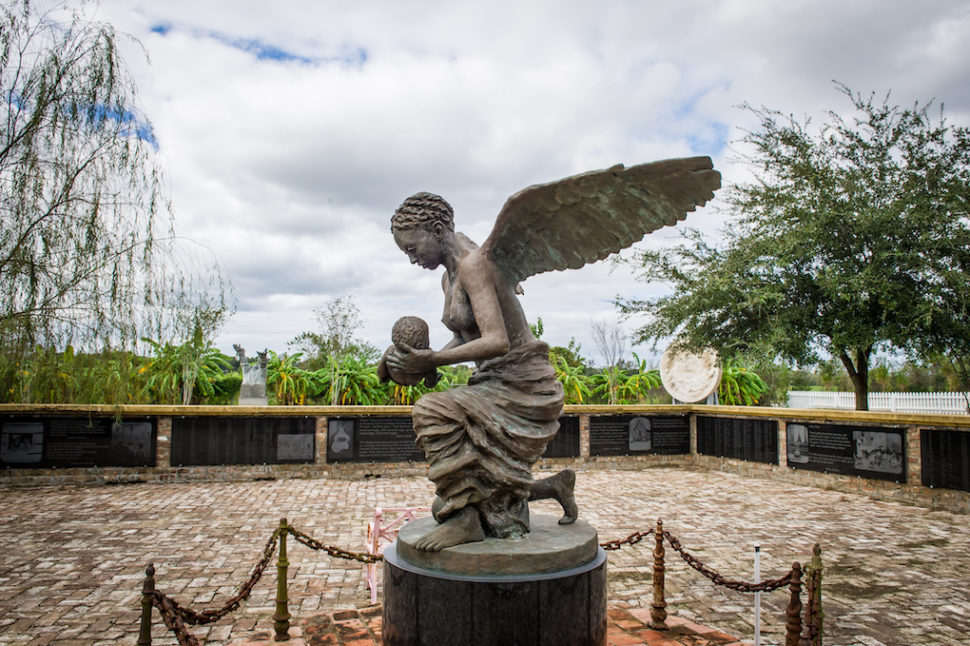
Around Juneteenth 2020, Brown launched The Better Together Project, under his already existing Black think tank Melanin Meetups— created as a safe space for Black Americans to connect, heal, and ideate data-driven solutions to advance the community and themselves through industry and policy.
The Better Together Project has already seen an overwhelming positive response, and is looking to push forward the narrative that plantation homes are not a glamorous place.
“I want to be clear, we are not pushing for the homes to be torn down,” Brown explained. “We want to see more of these places honor them as the sacred grounds that they are. They need to be marketed to pay homage to the Black men and women that worked on, and built them. The Whitney Plantation simply gets it. They have stood firm on what they will and will not allow. They don’t allow weddings at all, and I want to see more plantations follow suite. To my knowledge no one else has explicitly come out like them.”
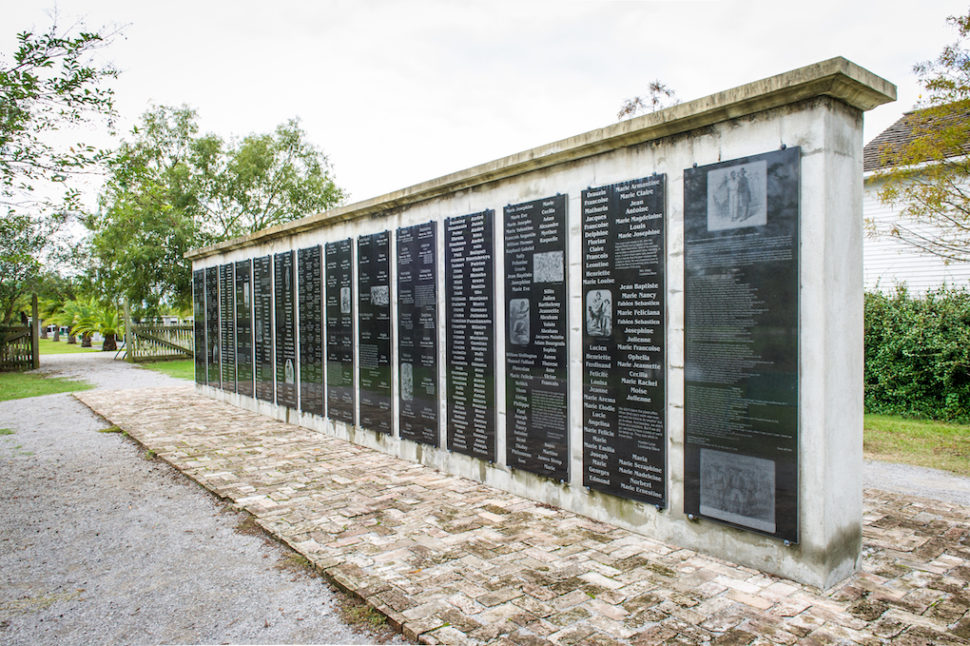
Brown describes how the Whitney does not hold back in telling the stories of what happened at the home during enslavement, and that the truth of the history is at the forefront. There is even a wall listing the original names, and given names, of the Black men and women once enslaved there. He says the home also does a great job of telling their stories as far as who they were before enslavement.
“I challenge other Black American travelers to visit at least one plantation home, to just absorb it and get a feel of your history. It does something to you and awakens the conscious.”
As of now all Melanin Meetups and subsequent The Better Together Project meetings are being hosted virtually. Brown encourages anyone interested in the project to visit the website and take the pledge. You can sign up and find more information at: melaninmeetups.org.
